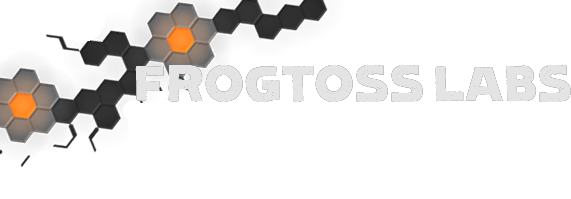
What I Learned From Sharing Native File Dialogs
Thu 27 November 2014
Michael Labbe
#code
I open sourced Native File Dialog last night. It’s a lean C library that pops up a native file dialog on Linux, Mac and Windows. It seems to have scratched an itch that a lot of people have, as it’s been starred 50 times on Github overnight, and my announcement tweet has received 27 retweets and 52 favorites as of this morning.
I did learn a few things writing and releasing this. Here they are in no particular order.
Linux users are reticent to link against GTK+. Plenty of people don’t want the overhead of GTK+ just to get a few paths back from the user. This makes sense if your app benefits from staying small. In order to get GTK+ up, you have to link against quite a few libraries: Cairo, GLib and GTK+ itself, to name three.
Interestingly, there must be similar overhead in Windows, but it isn’t as visible; most of what you need is given to you through COM object initialization, not linking libraries. Linux has no official toolkit, and as a result, the cost is much more visible to developers.
Of course, you can release COM objects.
GTK+ has no uninitialization. Once you have paid the cost of initializing GTK+, it permanently allocates private memory in your process. This is a shame. At least I can release COM objects.
This has led people to suggest Zenity and pipes; actually launching the file dialog in a separate process! I have always been skeptical of this approach — what happens when the dialog opens in another workspace, or the main app crashes, or X remoting causes other idiosyncrasies?
At any rate, I would be happy to accept an nfd_zenity.c patch which allows people to trade off between these problems.
People Really Like to just add one file to their project. Native File Dialog builds with SCons, which, admittedly, is not something every developer has installed. STB has spoiled people — they really want to just drop a file in to their current build! I am going to provide instructions that help people bypass SCons.
Feedback is hard to come by when you work on a small team. If you open source something useful, devs will scrutinize it and provide feedback. It doesn’t have to be a large piece of code — actually, it’s probably better that it’s not! If NFD did ten things, the issues people raised would have been broader, and the criticisms received may not have been as beneficial to me.
